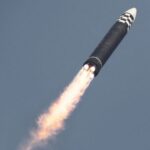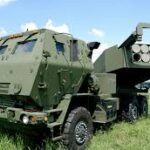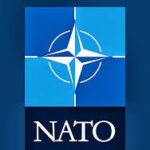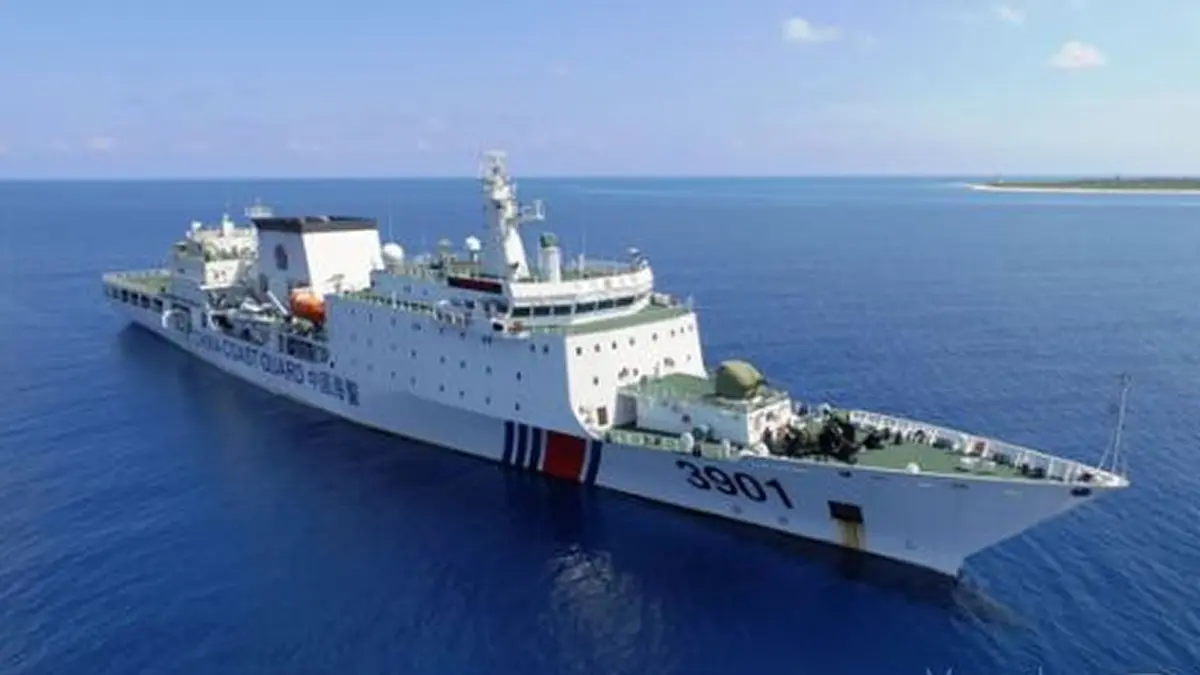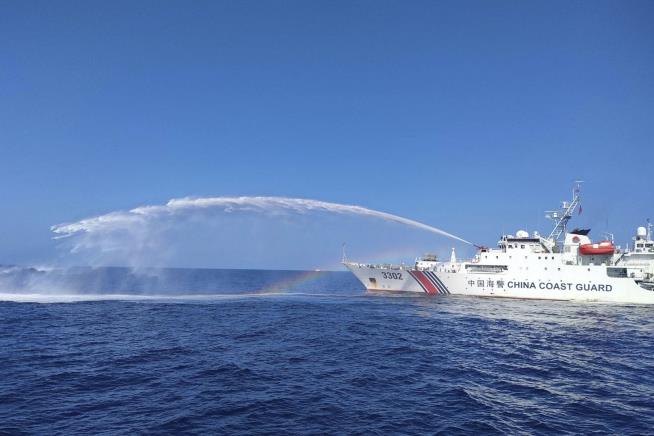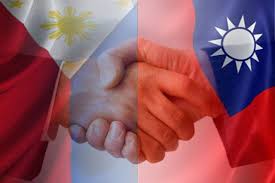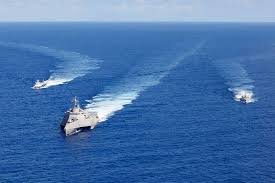Luke Allen
Military Political Analyst
Makati, Manila
lukeallenmanila@journalist.com
Tensions in the West Philippine Sea escalated dramatically this week as the Philippines accused the Chinese Coast Guard of obstructing a critical medical evacuation operation. The incident occurred near the Second Thomas Shoal, a contentious Spratly Islands area where a grounded Philippine naval vessel serves as a strategic outpost.
According to the Philippine Coast Guard (PCG), the incident unfolded during the medical evacuation of a soldier from the BRP Sierra Madre. This dilapidated World War II-era ship has been stationed at the shoal to assert the Philippines’ territorial claims. The soldier was reportedly suffering from a severe medical condition requiring immediate evacuation.
A video released by the PCG captured the dramatic and dangerous scene. Chinese inflatable speedboats can be seen aggressively maneuvering around the Philippine vessels, effectively blocking the transfer operation. The footage shows the speedboats bumping into the Philippine ships, creating an agitated and dangerous situation.
In a press briefing, PCG spokesman Jay Tarriela condemned the actions of the Chinese vessels, labeling them as “barbaric and inhumane.” He emphasized the humanitarian nature of the operation, noting that the Chinese Coast Guard had been fully informed about the medical emergency. “Despite our clear communication that this was a medical evacuation, we were harassed and obstructed in a manner that endangered lives,” Tarriela stated. “Such behavior is unacceptable and goes against the principles of international maritime law and human decency.”
The Philippine government has lodged a formal diplomatic protest against China, calling for accountability and stressing the need for adherence to international law. The Department of Foreign Affairs (DFA) issued a strongly worded statement, accusing China of “inhumane and aggressive actions” that put the lives of Filipino personnel at risk. “This incident underscores the urgent need for China to respect the rights of other nations and to act responsibly in the West Philippine Sea,” the DFA declared.
China, however, has denied any wrongdoing. In a statement from the Chinese Embassy in Manila, Beijing reiterated its claim over the entirety of the Spratly Islands, including the Second Thomas Shoal. The statement accused the Philippines of conducting unauthorized activities in what China considers its territorial waters and defended the actions of the Chinese Coast Guard as “necessary measures to uphold sovereignty and maritime order.”
The Second Thomas Shoal, known as Ayungin Shoal in the Philippines and Ren’ai Jiao in China, has long been a flashpoint in the dispute. In 1999, the Philippines deliberately grounded the BRP Sierra Madre on the shoal to serve as a permanent outpost. The move was intended to bolster Manila’s claims in the face of China’s expansive assertions over the region.
This latest incident adds to the growing list of confrontations between China and the Philippines. The strategic waterway, which sees trillions of dollars in trade pass through annually, is claimed in whole or in part by several nations, including China, the Philippines, Vietnam, Malaysia, Brunei, and Taiwan. China’s extensive claims, marked by the so-called “nine-dash line,” have been a source of ongoing conflict and diplomatic friction.
International reactions to the incident have been swift. The United States, a vital ally of the Philippines, expressed “deep concern” over China’s actions. In a statement, the U.S. State Department reiterated its support for the Philippines and called for “an immediate end to coercive and dangerous behavior in the West Philippine Sea.” Other regional actors, including Japan and Australia, have also voiced their concerns, urging peaceful resolution and respect for international maritime laws.
As the Philippines and China navigate this latest crisis, the broader implications for regional security and international maritime conduct remain a pressing concern. The incident at Second Thomas Shoal is a stark reminder of the fragile and volatile nature of territorial disputes in the West Philippine Sea, highlighting the urgent need for diplomatic engagement and adherence to international norms.


